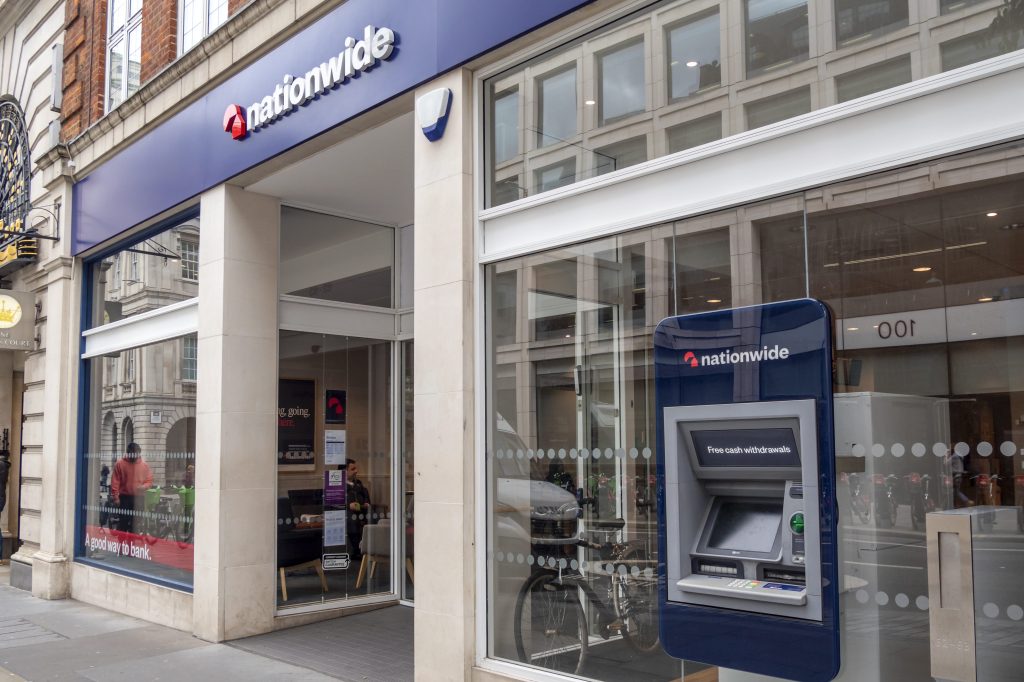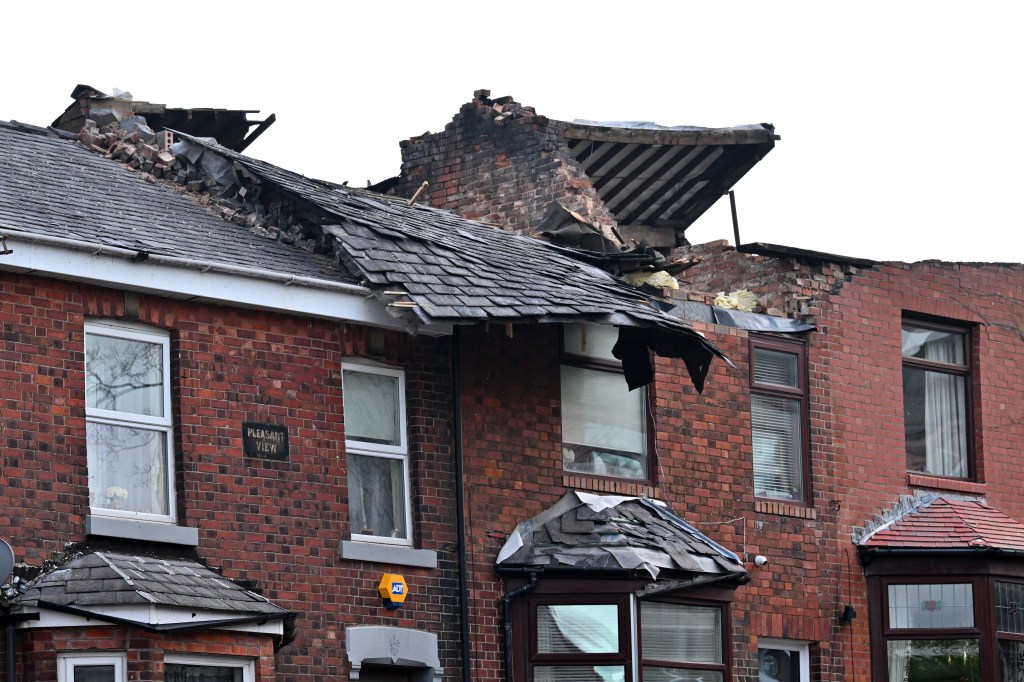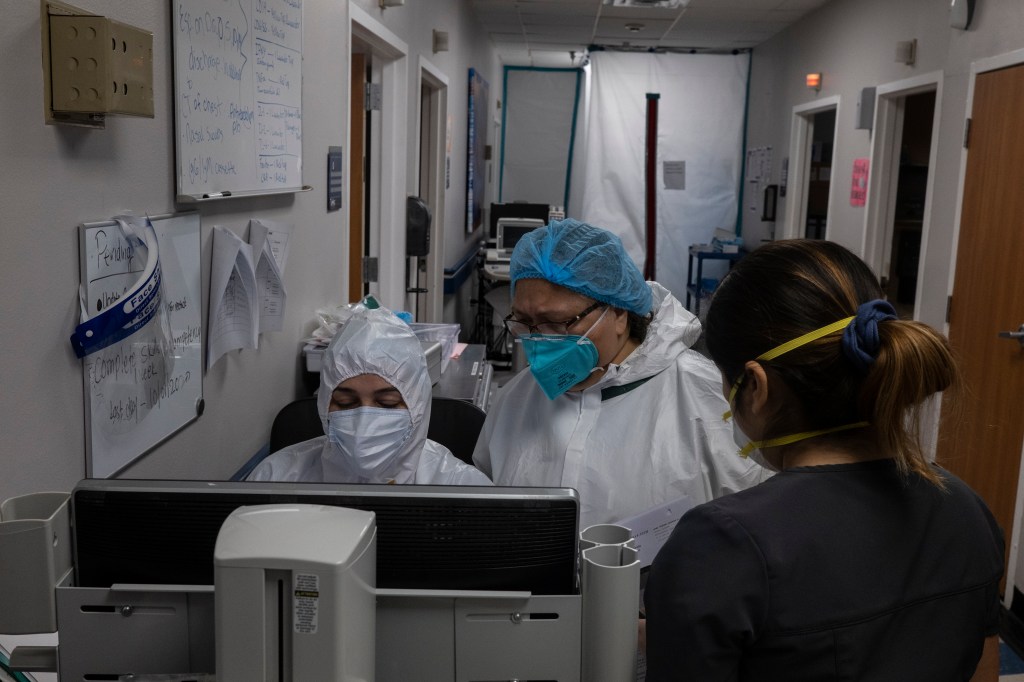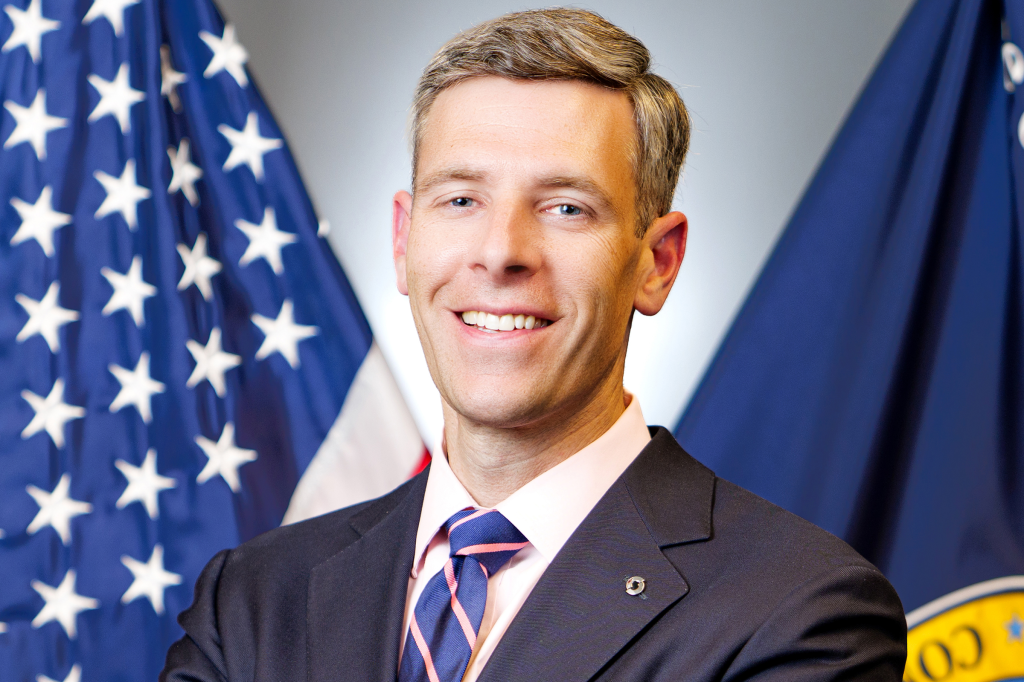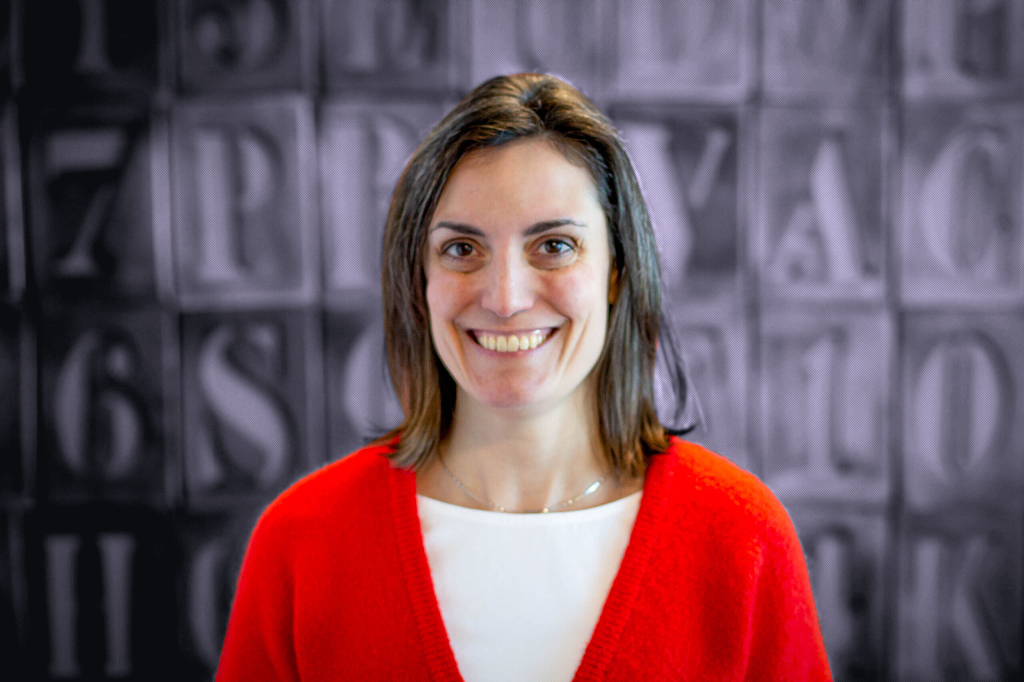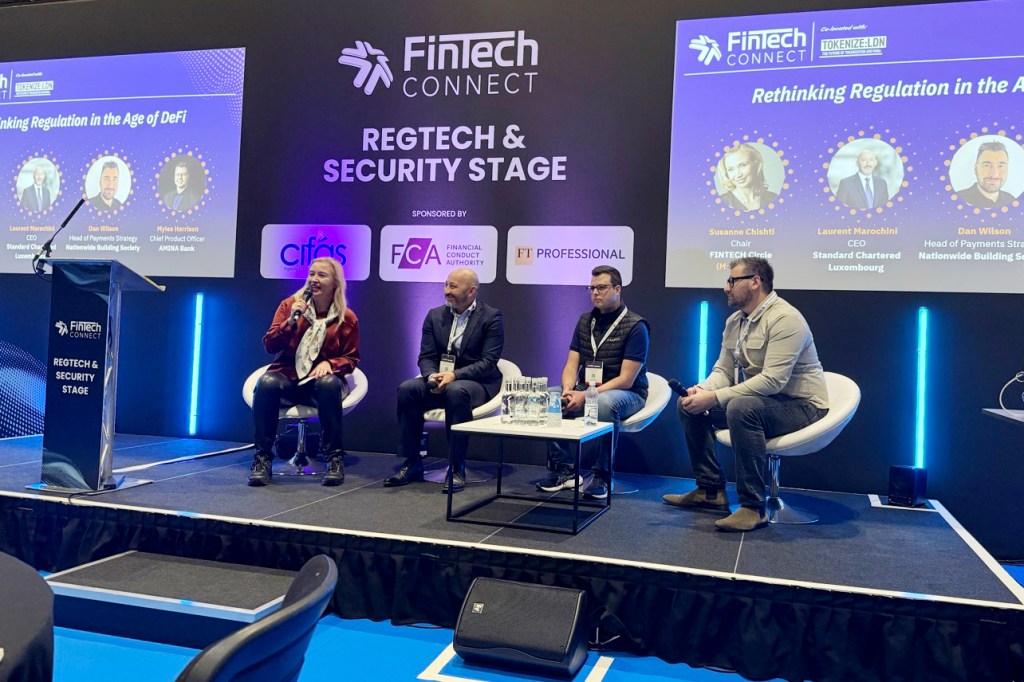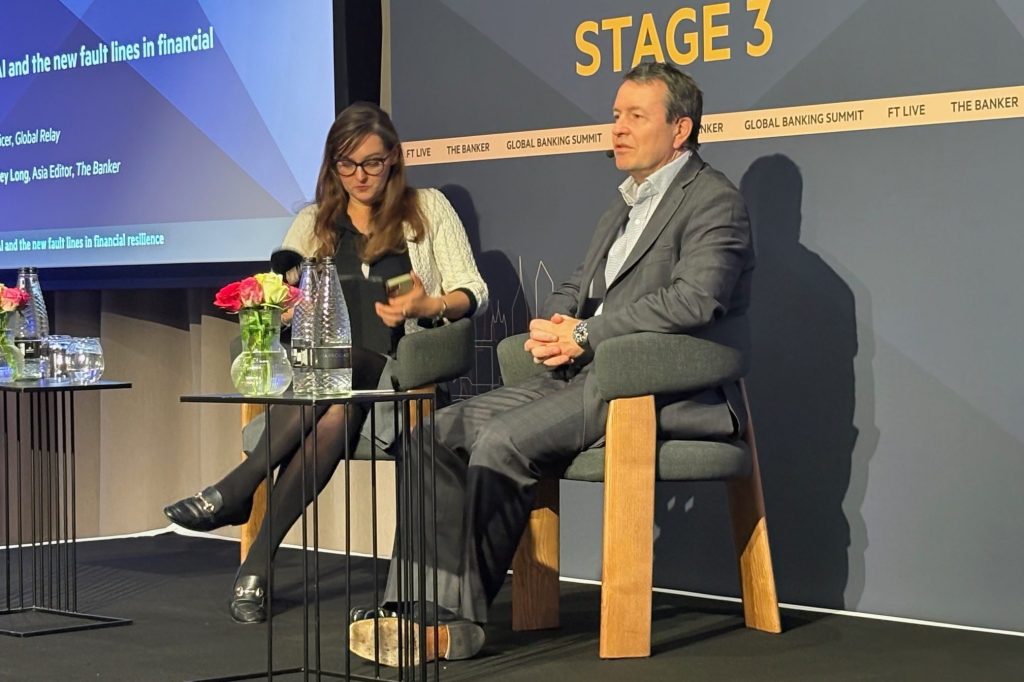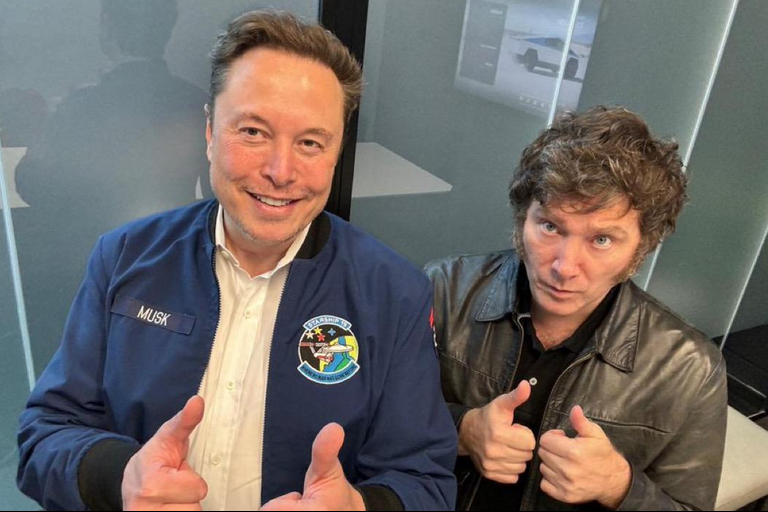Brazilian Supreme Court decisions are once again in the international headlines. The past week has been marked by several developments in the operations of X (formerly Twitter) in Brazil. It all started after Elon Musk posted on his X page that the decisions issued by the Brazilian Supreme Court
Crackdown
Register for free to keep reading.
To continue reading this article and unlock full access to GRIP, register now. You’ll enjoy free access to all content until our subscription service launches in early 2026.
- Unlimited access to industry insights
- Stay on top of key rules and regulatory changes with our Rules Navigator
- Ad-free experience with no distractions
- Regular podcasts from trusted external experts
- Fresh compliance and regulatory content every day

